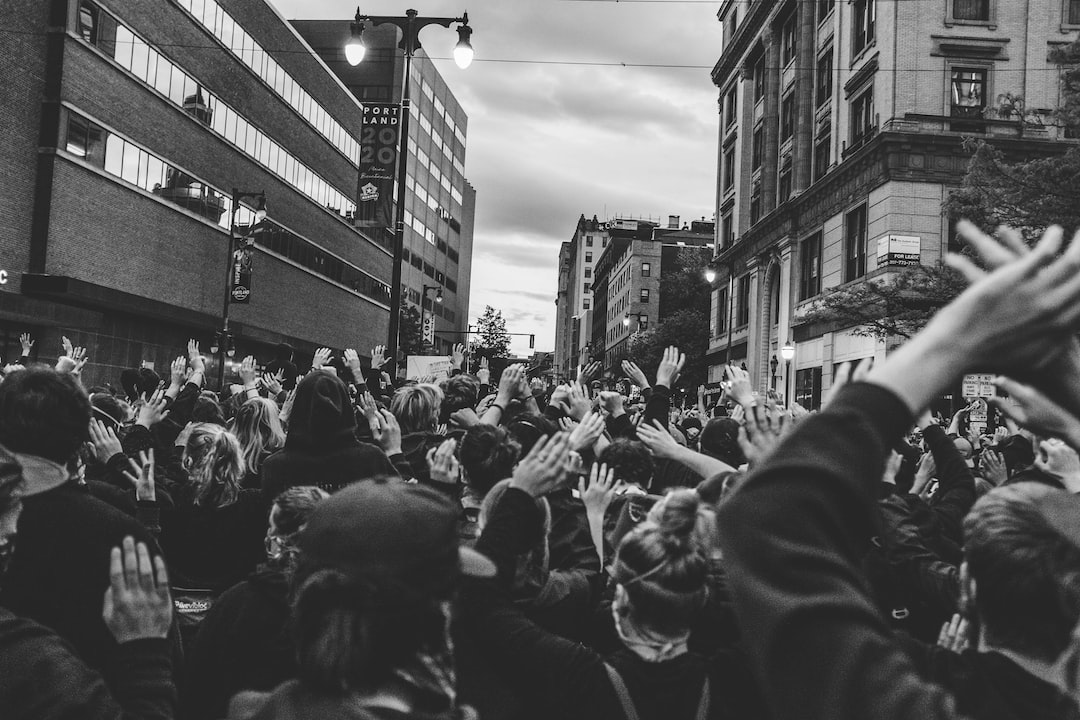The Patriot Act, passed in the aftermath of the September 11, 2001 terrorist attacks on the United States, is credited with providing increased national security measures. However, critics argue the act has had a detrimental effect on civil liberties.
The Act, also known as the USA PATRIOT Act (Uniting and Strengthening America by Providing Appropriate Tools Required to Intercept and Obstruct Terrorism Act), was signed into law by President George W. Bush on October 26, 2001. The law greatly expanded the powers of government surveillance on individuals inside the United States, targeting suspected terrorists.
One of the most controversial provisions of the Patriot Act is Section 215, which allows the collection of “any tangible thing” relevant to a terrorism investigation. This includes phone records, emails, internet usage, financial transactions, and library records, among others. The government argues this is necessary to prevent further attacks on the United States, while critics say it infringes on personal privacy.
Another provision, Section 802, defines domestic terrorism as any activity that “involves acts dangerous to human life that are a violation of the criminal laws of a state or the United States, if the act appears to be intended to intimidate or coerce a civilian population.” Critics argue this definition is too broad and could be used to label political dissidents and social justice groups as terrorists.
The Patriot Act also created the Department of Homeland Security, which oversees the coordination of the nation’s border and transportation security, emergency preparedness, and response to terrorist attacks. While some argue the creation of the DHS has improved national security, others believe it has led to a militarization of law enforcement and further infringement on civil liberties.
Additionally, the act removed many checks and balances on government surveillance. Prior to the Patriot Act, law enforcement agencies needed to demonstrate probable cause before obtaining a search warrant. However, under the act, the government can obtain a “sneak and peek” warrant, allowing them to search a person’s property without notifying them for months after the search is conducted.
The Patriot Act has also had a chilling effect on free speech and dissent, particularly in Muslim communities. Many innocent individuals have faced harassment and detention due to the broad powers granted to law enforcement under the act.
In conclusion, the Patriot Act has greatly impacted civil liberties in the United States. While it was created with the intention of preventing terrorist attacks, many of its provisions are overly broad and could be used to infringe on personal privacy and free speech. It is important that lawmakers revisit the act and work to balance national security with protecting the fundamental rights of American citizens.

